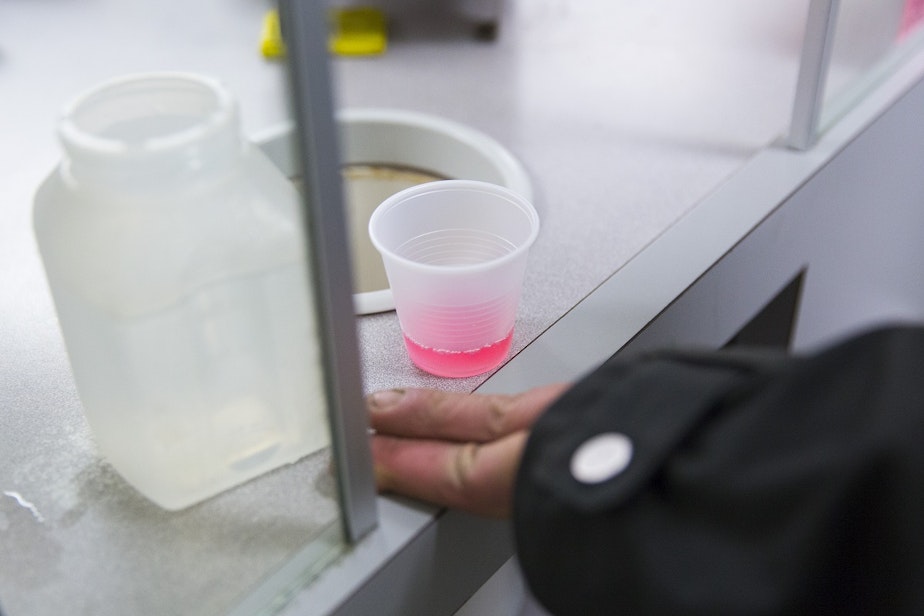A map to medication in Washington's opioid epidemic

There's a new tool in Washington state to combat the opioid epidemic.
The MAT Locator is an online map that shows where people can get medications that treat opioid addiction, such as Buprenorphine and Methadone.
Treatment drugs - not detox - are one of the best ways to manage addiction.
But they can be difficult to get, according to University of Washington principal research scientist Caleb Banta-Green.
"For years there was a federal database where you could just look up doctors who prescribe Buprenorphine, and the problem is it never said 'do they take medicaid, do they take homeless people', or any of those things," he says.
Banta-Green says with the new map, "what we're trying to set up is so a person can call and get set up the first time to a really good fit."
Sponsored
The online map shows hundreds of clinics in Washington that have opioid addiction treatments and overdose reversal drugs. It also shows how close the clinics are, if they offer counseling, and if they take Medicaid or cash payments.
The tool is run by the Washington Recovery Help Line, and was developed with the help of University of Washington's Alcohol and Drug Abuse Institute.
Banta-Green says the grim reality is that about 700 people die each year in Washington state due to drug overdose. He says that number has remained steady over the years. Compared to other states with ballooning opioid epidemics, he says at least Washington's rate is not going up.
But to make real progress in battling the epidemic, he says people need to understand the importance of these treatment drugs.
"Detox, just getting a person off the medications without doing anything else, is not effective treatment for opioid use disorder, and in fact it leads to higher chance of relapse and overdose," he says.
Banta-Green says drug researchers want people to understand that opioid use disorder is a treatable medical condition, it involves physical dependence, and psychological and social impairment and problems. He says most people are going to do best on opiate treatment medications like Methadone or Buprenorphine.
Sponsored
Saturday, April 27 is National Take Back Day, a nationwide effort to get prescription drugs out of the hands of people who might abuse them. Medical professionals in each state will accept people's old, unused drugs and dispose of them.




